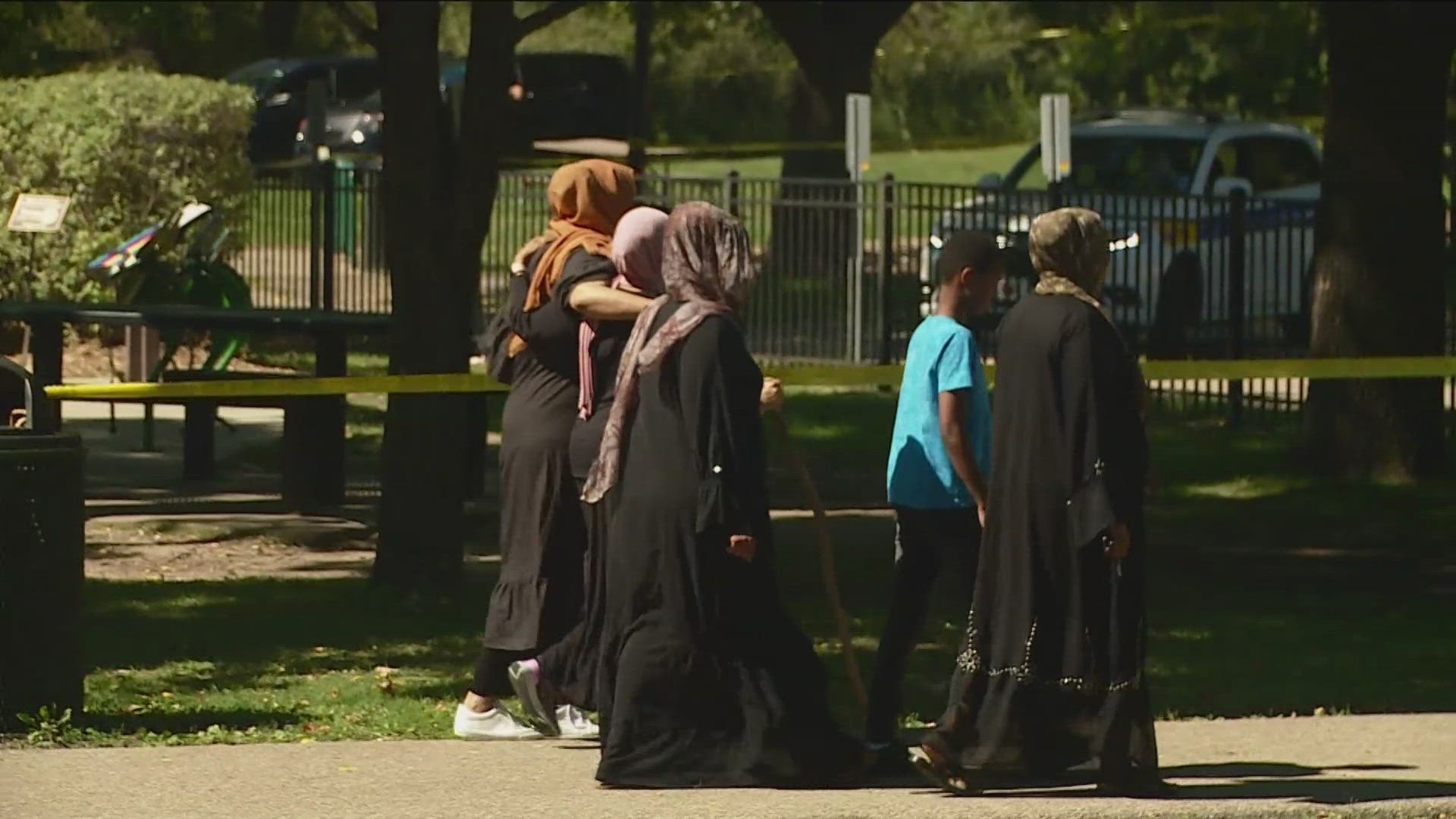SAINT PAUL, Minn. — There's a new push for better safety measures for kids with autism in Minnesota.
Autism advocates and the Council on American-Islamic Relations held an emergency meeting at the Minnesota State Capitol Tuesday to address two recent drownings.
Back in June, officials say a Hopkins boy with autism, 4-year-old Waeys Ali Mohamed, drowned in a creek. A few months later police say the body of 11-year-old Mohamed Mohamed was found in a pond near his home in Eden Prairie.
Both boys went missing from their homes and both were found in open water a short distance away. Other children have also drowned in recent years.
During their meeting Tuesday, autism advocates and parents shared information about recent cases, and they discovered a shocking statistic.
"We believe that eight children with autism from the Somali community died in the last three years,” CAIR Executive Director Jaylani Hussein said.
Many parents in the Somali community are deeply concerned about this issue.
"I am heartbroken yet again, to hear about a drowning in our community,” mother Fatima Molas said. "This could have been one of my kids. My son loped one week twice.”
Loping, also called Elopement, is a term used in the autism community for wandering. Advocates say children with autism are more likely to wander away from home and they're often drawn to water.
"We have known for decades the number one cause of death in the autism community for children is drowning. Drowning is 100% preventable,” Jillian Nelson with the Autism Society of Minnesota says.
A recent study from the University of Minnesota suggests 1 in 16 Somali 4-year-olds will be diagnosed with autism, a rate advocates say is two times higher than the general population.
The task force is calling on the governor and lawmakers to join them as they search for strategies to keep these children safe.
"Give access to swim lessons. It's a basic thing we can do. These children need to learn how to swim. Support the families,” Molas said.
Besides more access to swimming lessons, this task force is also requesting resources to help parents secure their homes so their children can't get out in the middle of the night.
Advocates say another problem is many of these families have to wait 15 to 18 months to receive services, so they're looking for strategies to bring that wait time down and bring more workers into the profession.

